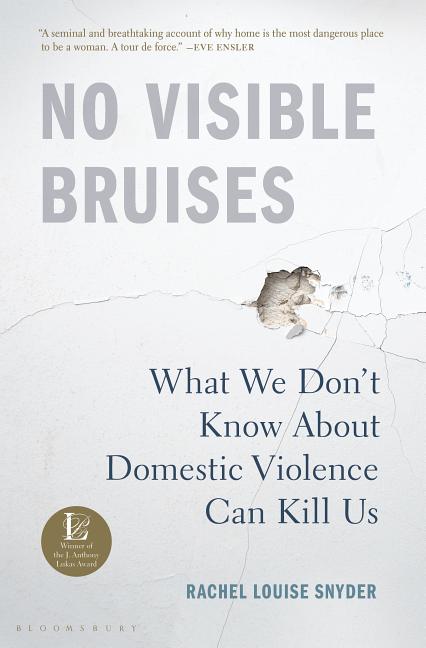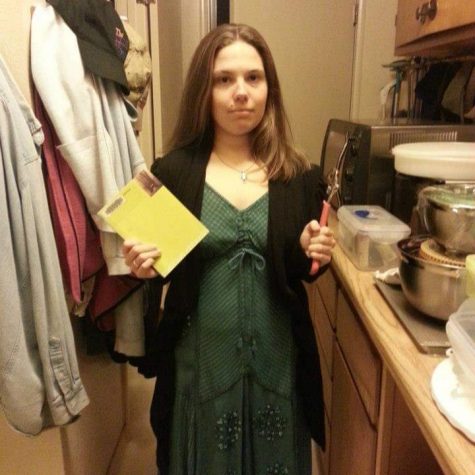“How do we protect her?” Why victims stay with their abusers is not the question that needs answering; rather we need to focus on how we protect victims and how we prevent domestic violence from occurring at all.
COVID-19 lockdowns highlighted another global epidemic: domestic abuse. Victims sheltering in place with their abuser for months on end could lead to a horrifying spike in violence inside the home. According to the CDC, one in four women and one in seven men will experience domestic violence by a partner at some point in their lifetime. This statistic predates the pandemic.
News surrounding Shia LaBeouf’s abusive relationship with former partner FKA twigs, who filed against the actor in December, has also sparked new conversations about partner violence that doesn’t always leave a physical mark.
Recently released in paperback, Rachel Louise Snyder’s groundbreaking book “No Visible Bruises: What We Don’t Know About Domestic Violence Can Kill U,” offers a glimpse into the often-misunderstood topic of domestic abuse in the U.S. and the chance to re-evaluate not only how we view it but how we prevent it.
The book is divided into three sections; the end, the beginning and the middle. “The End” centers on the story of Michelle who was murdered along with her children by her husband who then committed suicide in 2000. “The Beginning” aptly focuses on abusers while “The Middle” returns to individual stories while discussing ongoing advocacy for survivors.
Snyder weaves each theme together as part of a more finished tapestry, a complete story. Each section, while different in tone and focus, relates to the previous. Michelle, whose story serves as the opening and first third of the book, becomes an anchor; it is impossible to separate what’s happened to her from the stories of victims and survivors portrayed in the book.
Snyder peppers in the larger reality of how the justice system views domestic abuse and coercive control, a relatively new term, as the individual stories unfold. She discusses how an abuser can dominate all aspects of the victim’s life without ever leaving a bruise.
Michelle’s husband insisted on going camping every week, weather permitting, and did not allow her to have a job outside the house. The book endeavors to bridge the gap between survivors of domestic abuse and those who have never seen it. So often when people see someone in an abusive situation they simply ask, “Why don’t you just leave?” The answer, of course, is not that simple, and Snyder poses compelling reasons why we should stop asking this question.
In Michelle’s case, she didn’t want her children to come from a broken home, as she did. Other victims assume the justice system will fail them, as it often does in these situations, and make a desperate situation even worse. It isn’t about whether to stay or not, it’s a case of life or death.
Most laws only deal with the physical side of domestic violence, although coercive control is a well-documented aspect. The legal system often fails victims and sometimes the result is fatal. Advocates worry that a focus on legislation and criminalization will negatively impact resources meant to help victims. Some advocates believe that restorative justice is a better path forward. Regardless, awareness is our best defense.
“Why don’t you just leave?” There is no easy answer, but “No Visible Bruises” gives enlightenment into why we should and how we can change the way we view, perceive, prevent, and respond to domestic violence.
“No Visible Bruises” is currently available through the Sonoma County Library.
If you or someone you know is a victim of domestic violence, call the Sonoma County YWCA domestic violence hotline at 707-546-1234.
If you are worried about a family member or friend, here are some tips from Stop Violence Against Women.
For help based in Sonoma County, visit Sonoma County YWCA, Family Justice Center of Sonoma County or Sonoma County Legal Aid.




